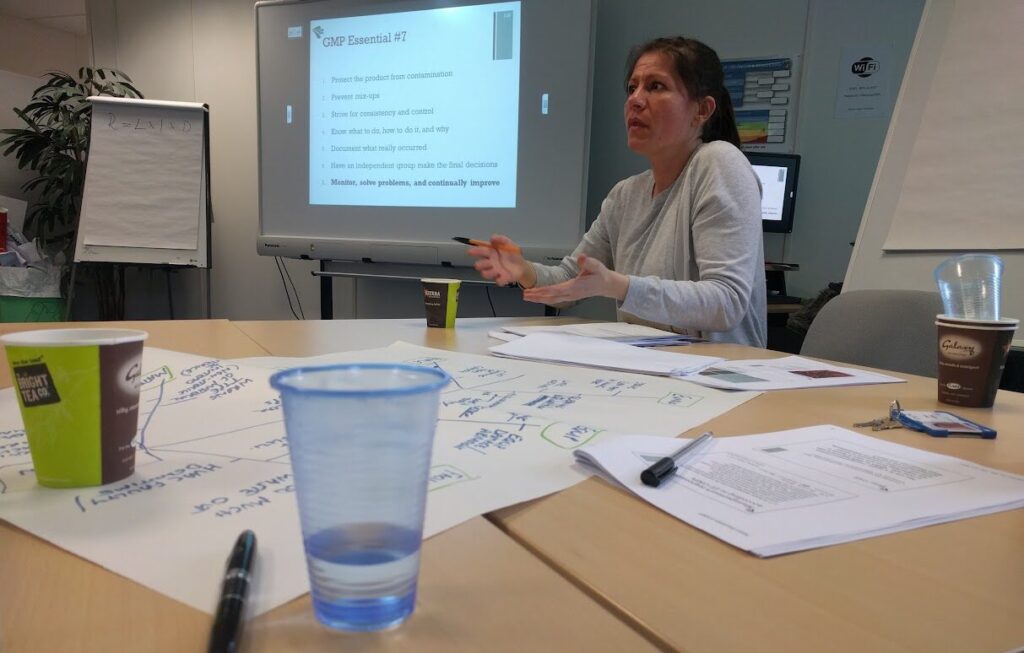Three things never to lie about in a recruitment interview

Working life is complicated. — Image by © Tim Sandle.
One poll has estimated that 46 percent of job seekers would lie during an interview. This statistic emphasises how desperate the job market can be, as well as raising questions about the integrity of candidates.
Mads Singers, the owner of Aristo Sourcing, tells Digital Journal about the three things a person should never lie about in an interview, for the consequences of being later found out are significant and they could result in a later loss of employment.
Your Employment History
Being honest about your employment history is essential to establish credibility and trust with potential employers.
Singers says: “Your employment history tells a story of growth and experience, so be honest and proud of every step in your journey.”
Singers adds that misrepresenting your work experience could lead to discrepancies that may be uncovered during reference checks, damaging your reputation and credibility and ultimately costing you the job.
“If there are problem areas on your CV, you can work with a job coach to find the best way to represent them, and take mock interviews to practise answering questions related to your employment history,” Singers concludes.
Your Skills And Experience
Honesty about your skills and experience is paramount for setting realistic expectations and ensuring a good fit with the job’s requirements. Exaggerating or fabricating your abilities may lead to disappointment for both you and your potential employer if you cannot meet your new job’s demands effectively.
According to Singers: “Although everyone learns on the job, there are certain jobs you just can’t do without the proper skills and experience. Even if you can get through the interview, trust me, once you get hired, the fact that you lied about your skills will come out sooner rather than later.”
Your Qualifications And Certifications
Being truthful about your qualifications and certifications is essential for demonstrating your competency and suitability for the role. Singers explains: “Falsifying qualifications and certifications not only undermines your credibility but also jeopardises your professional integrity, potentially damaging your reputation in the industry. Remember, it’s relatively easy for employers to fact-check whether you have the qualifications you claim. Also, certain jobs legally require specific certifications, so lying about having them could land you in court.”
Three things never to lie about in a recruitment interview
#lie #recruitment #interview





